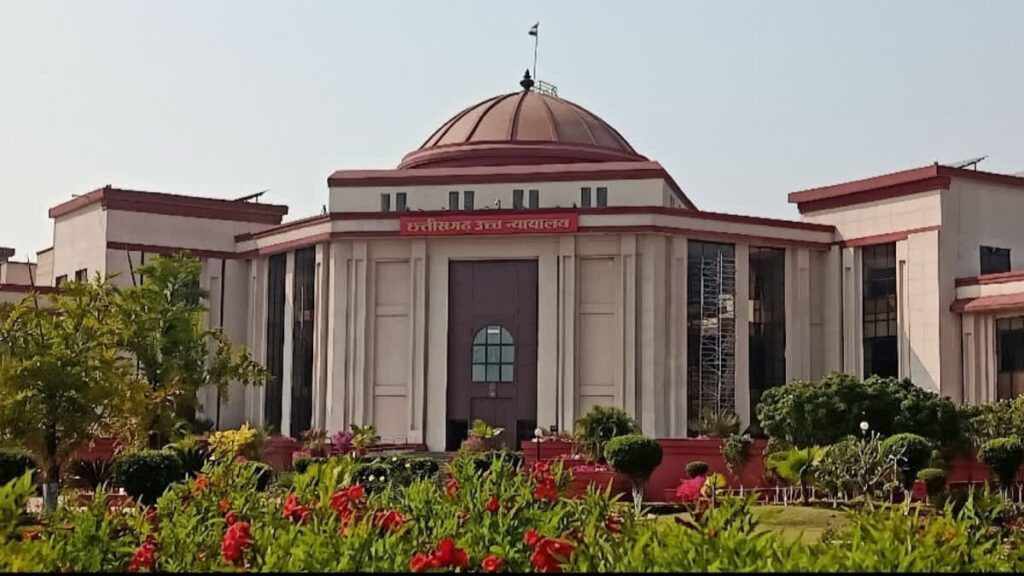Juveniles Engaged in Serious Crimes Might Still Threaten Society: Chhattisgarh High Court.

The Chhattisgarh High Court noted that juveniles who commit serious crimes might still be a threat to society, and a lenient approach could reduce the deterrent effect. This statement was made when the court rejected a request for various reliefs from a person tried in the Children’s Court under the POCSO Act. Chief Justice Ramesh Sinha and Justice Bibhu Datta Guru stated, “Juveniles involved in heinous crimes may pose a continued risk to society, and lenient approach could lead to a lack of deterrence.”
The petitioner was arrested on June 19, 2017, for serious sexual offenses and was a minor (born August 4, 1999) at the time of the incident. Although he was under 18, he was treated as an adult due to the severity of the charges and was tried in the Children’s Court under the POCSO Act (Protection of Children from Sexual Offences Act, 2012). On December 20, 2019, he was found guilty and sentenced to 20 years in prison along with a fine. The court created an Individual Care Plan (ICP) under Section 19(2) of the Juvenile Justice (Care and Protection of Children) Act, 2015, which included vocational training and counseling while he stays in a safe facility until he turns 21. Progress reports from March, June, and September 2021 show that he actively participated in informal education, engaged in institutional activities, practiced yoga daily, and showed no negative behavior or drug issues.
The 2015 Act and the 2016 Rules aim to create laws that help care for, protect, rehabilitate, and reintegrate children who break the law, focusing on a non-punitive method. However, there are worries that young people who commit serious crimes might go on to commit even worse offenses if not handled correctly. This raises a complicated discussion in the criminal justice system about finding the right balance between helping these youths and ensuring justice is served. Factors like poverty, unstable family situations, drug abuse, and limited opportunities play a role in youth crime. The easy access to drugs and weapons can also push young people toward criminal activities. It is important to understand that juveniles involved in serious crimes can still be a danger to society, and being too lenient might weaken the message against crime. Tougher penalties could act as a deterrent and provide justice for victims.
Cause Title: Bindesh Fulchand Netam versus State Of Chhattisgarh Through Narayanpur Police Station, Narayanpur [WPCR No. 150 of 2024]
Appearance:
Petitioner: Advocate Mahrukh Adenwala along with Advocate Aman Saxena,
Respondent: Mr. Shashank Thakur, Deputy Advocate General









